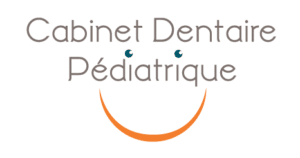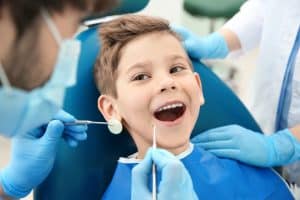Bruxism is the involuntary grinding of the jaws. According to our grandmothers, this frequent phenomenon in children is due to the presence of parasites, intestinal worms.
Find out if this belief is true or not and what the most common causes of bruxism are.
Tooth grinding caused by worms: true or false?
Teeth grinding and intestinal worms: origin of this belief
Pinworms are intestinal parasites, also called intestinal worms. They are small white worms, 3 to 10 mm long, that live in the large intestine. These parasites cause a variety of symptoms in young children:
- Restless sleep,
- Nightly teeth grinding,
- Itching in the anus,
- Irritability,
- Presence of small white worms in the stool.
Bruxism can therefore be a symptom of a parasitic infection. However, it is one symptom among many others. If the presence of worms can be the cause of bruxism, the opposite is not necessarily true.
This myth from our grandmothers is not totally false. Nevertheless, bruxism can have multiple origins. To find out if this disorder is due to the presence of intestinal worms, a stool sample should be taken and examined by a doctor to check for the presence of potential parasites.
Is there a link between bruxism and other parasites?
Bruxism can have a parasitic cause. Indeed, the presence of parasites in the body can lead to nocturnal teeth grinding. The female parasite migrates during the night to find a place to lay her eggs. This often happens near the anus, which makes the child itch and nervous. This restlessness during sleep causes teeth grinding.
In case of unexplained teeth grinding, it is therefore possible to check the presence of parasites in the child's body to treat this source of bruxism.
Bruxism: causes and treatments
The causes of bruxism in young children can be multiple:
- Misalignment or malocclusion of the jaws,
- Nighttime teeth grinding is also noticed during teething. To relieve his pain, baby grinds his teeth.
- Bruxism can also occur when children are sick, when they have blocked sinuses or earaches.
- Bruxism can appear or increase during a period of stress.
- Children with autism or developmental disabilities are more prone to bruxism.
Depending on the cause of bruxism, there are several treatments available to treat it. The pedodontist may recommend orthodontic treatment to correct a bad jaw position. A mouth guard can also be used to protect teeth from premature wear. Relaxation sessions can help relieve stress.
Bruxism has multiple origins and a visit to a pediatric dentist can help solve this problem.




